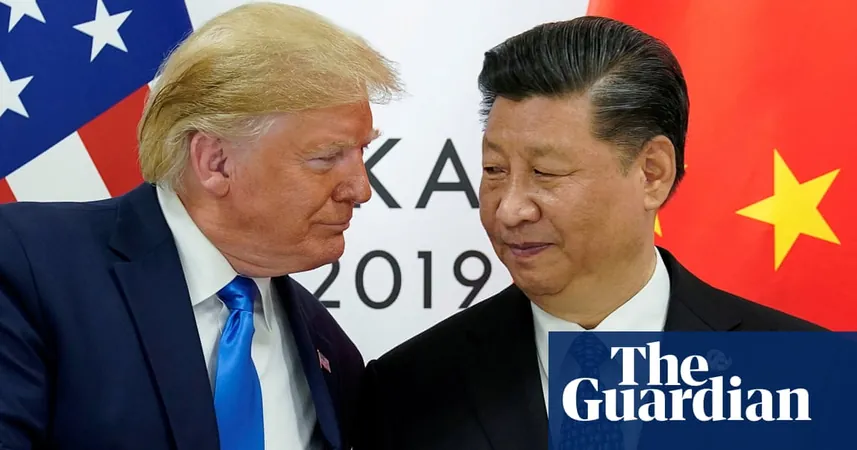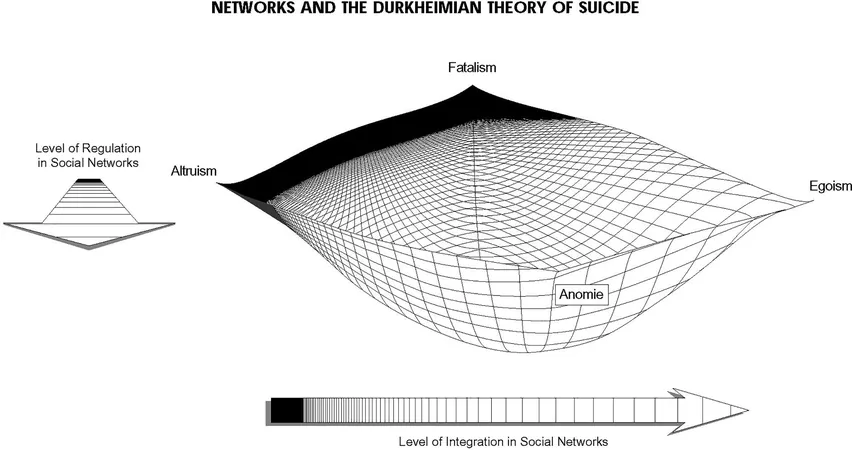
Trump’s Tariff Threat: Could It Be the Key to Lower Global Inflation? A UK Economist Weighs In!
2024-11-25
Author: Sophie
Trump’s Tariff Threat: Could It Be the Key to Lower Global Inflation? A UK Economist Weighs In!
In a surprising twist, UK economist Swati Dhingra from the Bank of England has stated that Donald Trump’s potential imposition of massive tariffs on Chinese imports could actually lower global inflation rates by reducing product prices globally. This statement comes as Trump has hinted at enforcing a staggering 60% tariff on goods originating from China sold in the USA, igniting significant discussions in economic circles.
During a conference in London, Dhingra emphasized that the introduction of such high tariffs would likely force Chinese exporters to lower their prices in other markets in order to maintain their sales volumes. “With tariffs this substantial, we can expect a downward pressure on global prices,” she remarked.
Amid the heightened uncertainty surrounding Trump’s intentions following the recent elections, many are left speculating how his campaign promises will transform into actual policy. He has signaled a willingness to levy a 60% tariff on Chinese goods and 20% on other key trading partners, causing ripples of concern and curiosity alike within the global economic framework.
Dhingra explains the classic economic repercussions of such actions: “The world’s largest importer imposing exorbitant tariffs on the largest exporter is bound to lower global goods prices,” she stated. She elaborated that China might pivot its strategy by seeking alternative buyers, leading them to reduce selling prices across markets, including the UK.
This scenario could significantly alter global demand trends. “Such a move could siphon considerable demand from the worldwide market. The response from Chinese exporters would inherently focus on price adjustments to safeguard their market share,” Dhingra noted.
Nevertheless, the potential negative impacts of these tariffs are not overlooked. Economic experts warn that such punitive measures could trigger a spike in inflation within the United States itself, putting financial strain on American consumers, and creating a ripple effect across the global economy.
Dhingra also raised concerns about a potential retaliatory trade situation, expressing that if nations decide to respond with similar tariffs against American goods, we could face a vastly different economic landscape. “In such a case, we might find ourselves in a much graver scenario,” she cautioned.
She drew parallels between the current situation and Brexit, detailing how the UK’s exit from the EU resulted in permanently higher prices for British households. "Post-Brexit, the UK experienced sharper price increases compared to other countries, leading to inflation before prices eventually stabilized at these higher levels," Dhingra explained.
As global markets watch closely, the looming question remains: will Trump’s tariff initiatives serve as a double-edged sword, potentially lowering global inflation while simultaneously raising prices domestically? The world awaits to see how these policies unfold and their long-lasting implications on international trade dynamics.









 Brasil (PT)
Brasil (PT)
 Canada (EN)
Canada (EN)
 Chile (ES)
Chile (ES)
 España (ES)
España (ES)
 France (FR)
France (FR)
 Hong Kong (EN)
Hong Kong (EN)
 Italia (IT)
Italia (IT)
 日本 (JA)
日本 (JA)
 Magyarország (HU)
Magyarország (HU)
 Norge (NO)
Norge (NO)
 Polska (PL)
Polska (PL)
 Schweiz (DE)
Schweiz (DE)
 Singapore (EN)
Singapore (EN)
 Sverige (SV)
Sverige (SV)
 Suomi (FI)
Suomi (FI)
 Türkiye (TR)
Türkiye (TR)